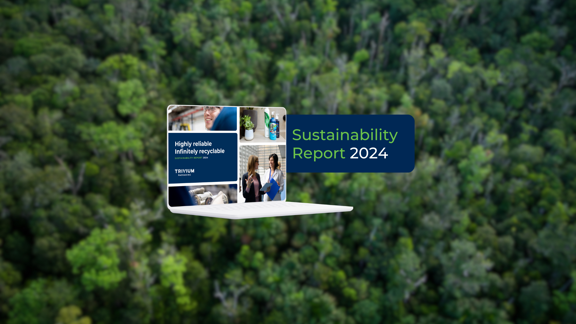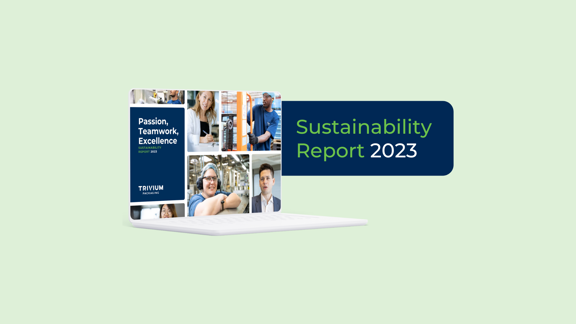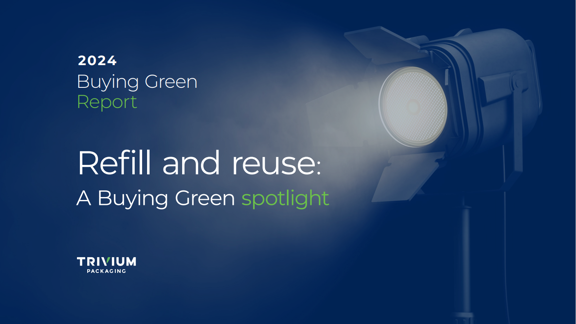Content on this website may not be accurately translated due to the limitations of the translation software from Google Translate. The official text is the English language version of the website. Any discrepancies or differences created in the translation are not binding and have no legal effect. If questions arise in relation to the accuracy of the information mentioned on the translated website, please refer to the English version of the website.
2021 Buying Green Report


In our 2021 Global Buying Green Report in partnership with Boston Consulting Group, we again surveyed more than 15,000 participants across Europe, North America, and South America on their behaviors related to sustainable packaging, including willingness to pay more for eco-friendly packaging, and perceptions of different packaging materials.
The study reveals a steady climb in younger consumers’ dedication to sustainable living. 83% of those 44 and under were willing to pay more for sustainable packaging. The study also showed that younger consumers were 23% more inclined to pay for sustainable packaging than older generations, with no significant difference in income bracket or between Millennials and Generation Zers.
Key findings include:
- Overall consumer demand for sustainable packaging remains high despite the major impact COVID-19 had globally.
- 67% of consumers identified as environmentally aware, consistent with last year’s report.
- 67% of those surveyed identified packaging that is recyclable as important.
- 64% identified packaging that contains recycled content as a priority in their buying decisions.
Consumers were aligned across all regions on identifying plastic as the most unsustainable packaging material on the market, consistent with findings from Trivium’s 2020 report as well as broader research on the negative environmental impact of plastic packaging. Survey respondents consistently associated plastic with undesirable attributes such as ocean pollution (63%), harmful (55%) and wasteful (36%).
While consumer awareness of environmental impact, pollution, and harmful materials to the planet remains high, the study points to an alarming consumer misconception: a gap between actual material recyclability and consumer perceptions of it.
Metal, for example, is recycled at a much higher rate (64%) than perceived by the consumer (48%) while glass, plastic, and liquid cartons all have a much lower rate of recycling (32%, 14%, 26%) than that perceived by the consumer (65%, 41%, 65% respectively).
“Consumers did not recognize that metals are infinitely recyclable and overestimated the recyclability of other materials, such as plastic and glass. This is a result of too many inconsistencies in environmental messages and labels, differences in local recycling processes, as well as a general lack of awareness of best recycling practices,” said Jenny Wassenaar, Vice President Sustainability, Trivium Packaging.



